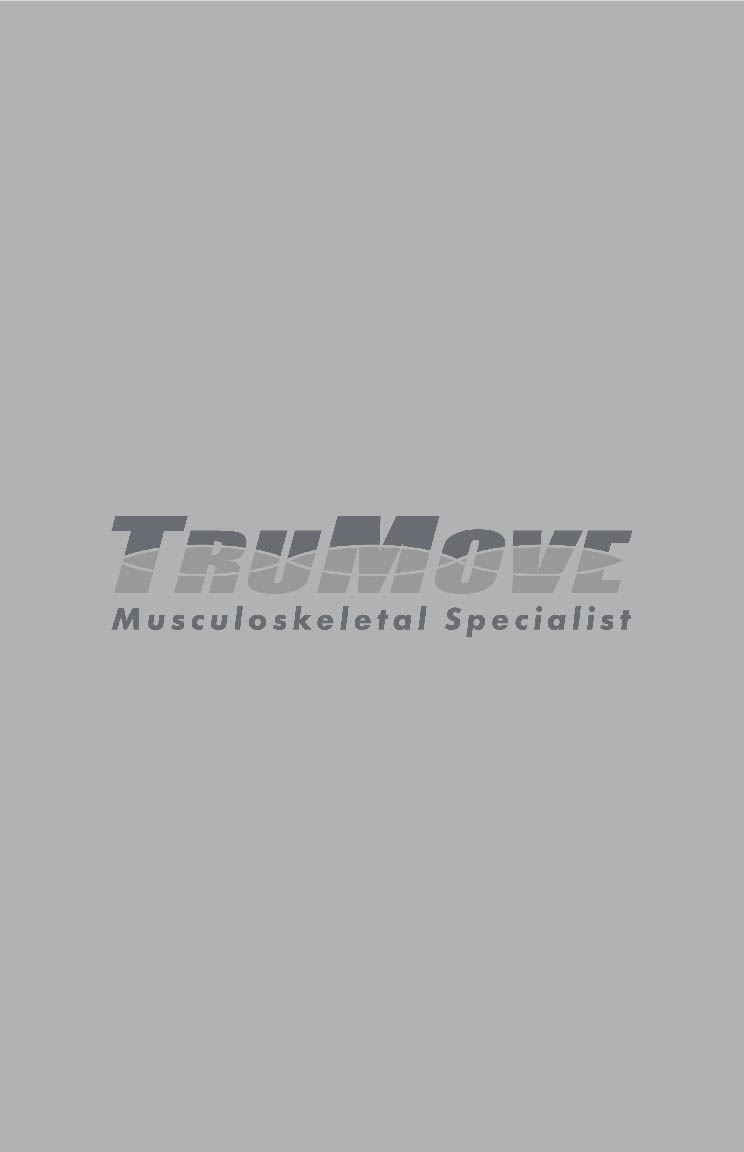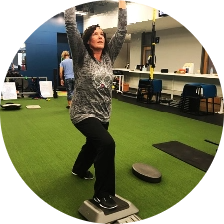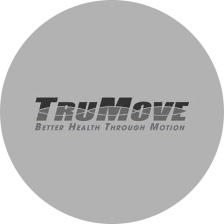Blog
Prevent Incontinence with Proper Exercise and Movement: Maintaining Pelvic Floor Health for a Lifetime
December 27, 2022
Inactivity is a major contributor to incontinence, particularly in nursing home residents, but it can affect anyone. Maintaining an active lifestyle, good posture, and core strength is crucial for maintaining pelvic floor health. Poor posture, such as rounded shoulders and a bent forward spine, can lead to shortened and weakened muscles in the chest, hips, and pelvis. This can cause the entire core to weaken and internal organs to lose their support, further stressing and weakening the pelvic floor. To avoid problems like incontinence in later years, it's important to learn how to properly exercise and move the pelvis, hips, and spine in all directions. This can help maintain pelvic floor health throughout your lifetime.
Womens Pelvic Floor Health
December 27, 2022
If you or someone you know is experiencing urinary frequency, incontinence, pelvic pain, or discomfort during sex, you are not alone. These issues are common, but traditional treatment approaches such as Kegel exercises, medication, or surgery often don't work or cause further damage. The real solution is activating the pelvic floor muscles through purposeful exercise and movement in all directions. This includes targeting the "core floor" – the combination of the pelvic floor, abdominal, and back muscles – by activating the ankle, hip, and torso in three planes of motion. To learn more about how to improve your pelvic floor health and get trusted information, consider attending a pelvic floor workshop. Make your health a priority and take control of your well-being.
Is Your Rotator Cuff Giving You Guff?
May 16, 2019
Do you find yourself grimacing over a deep, dull ache in your shoulder when you comb your hair? Are you puzzled by that unexplained weakness in your shoulder and arm when you try to lift something to an overhead position? Do you wake up from your sleep if you roll onto that shoulder? If so, there is a chance you may be suffering from an injury to your rotator cuff. The good news: You don’t have to keep taking guff from that rotator cuff. Many rotator cuff injuries can be healed with physical therapy exercises that improve flexibility and strengthen shoulder muscles surrounding the joint.



 Overland Park
Overland Park












